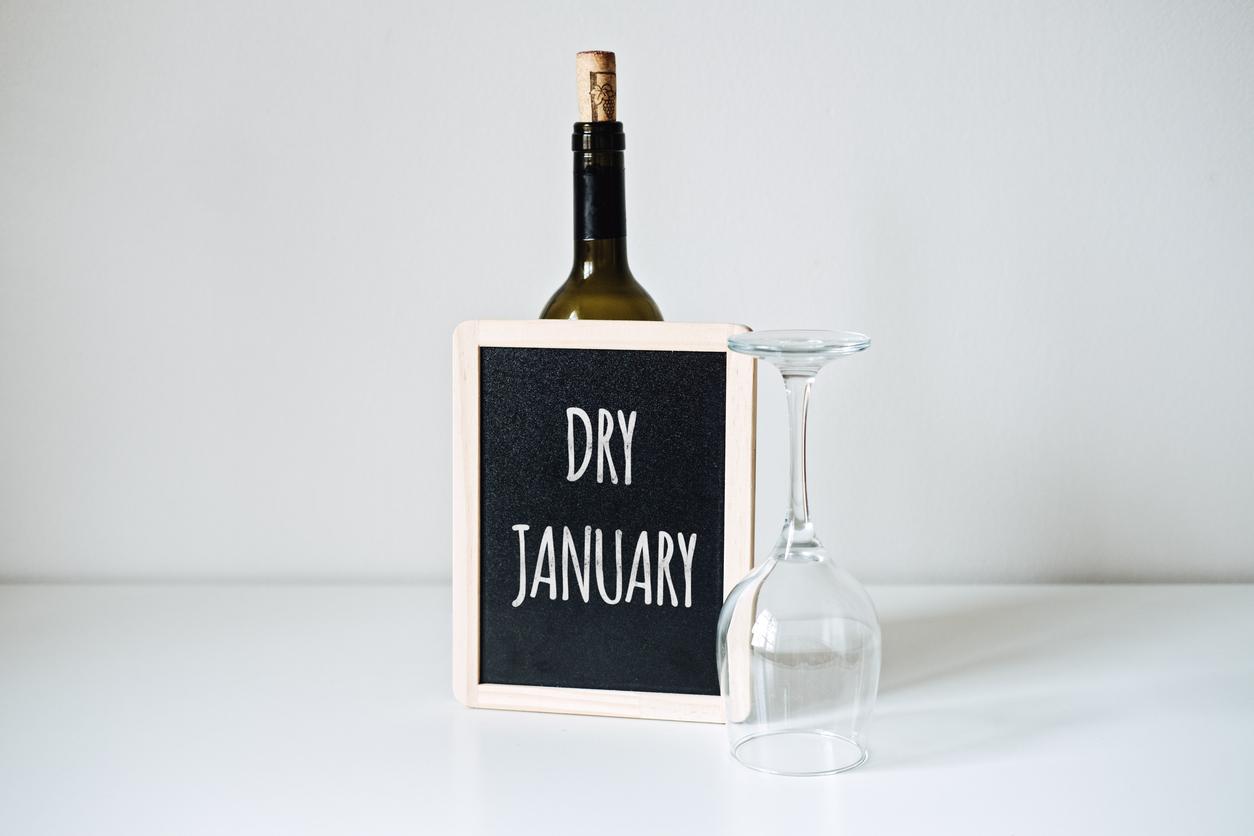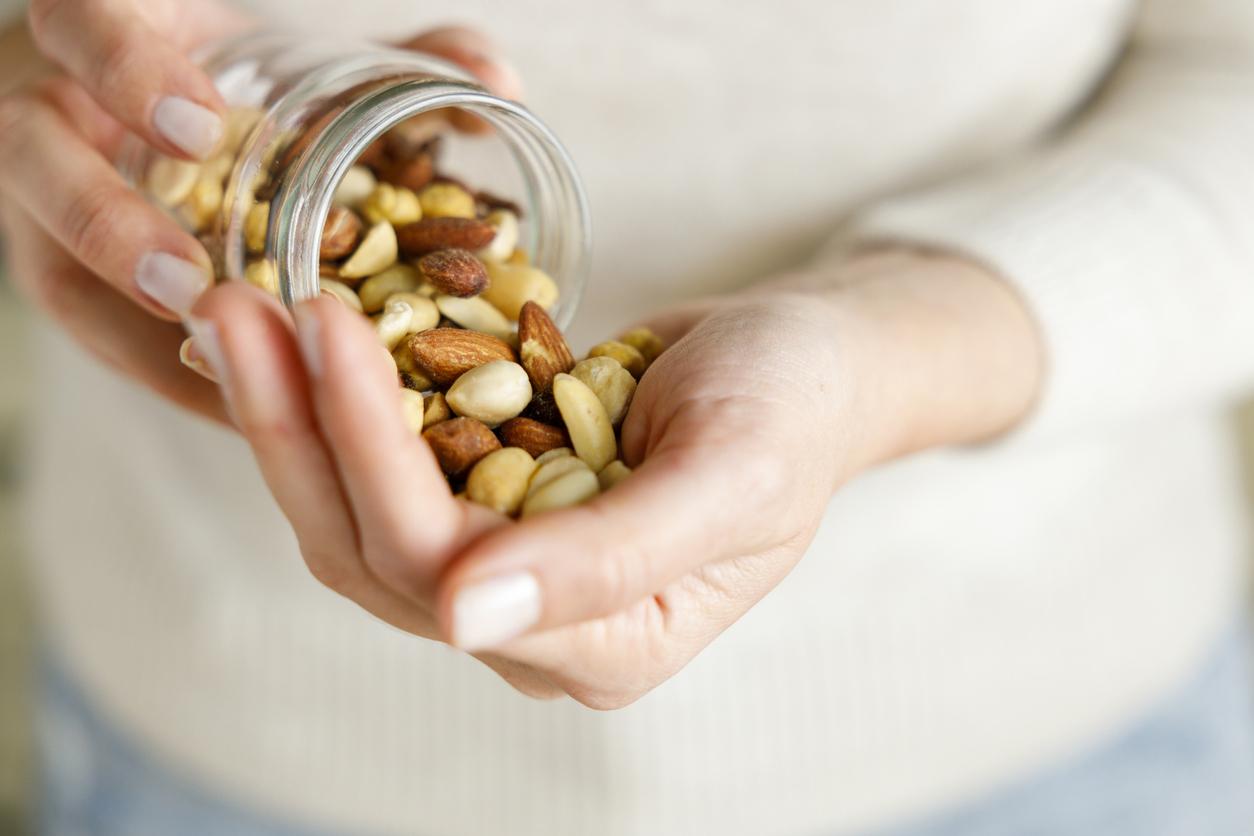Cold, alcohol, stress… The end-of-year holidays are associated with a peak in cardiac events, particularly on Christmas Day. How to protect yourself from it?

- The holiday season is associated with a spike in heart attacks, especially on December 25, according to the American Heart Association. The winter cold increases blood pressure, while the stress of festivities and excess food and alcohol tire the heart.
- To prevent these risks, dress warmly and avoid prolonged exposure to the cold. Limit alcohol and stress, respect your medical routines.
- Don’t ignore the warning signs: intense chest pain, cold sweats, sudden fatigue, nausea or even weakness on one side of the body and difficulty speaking can signal a heart attack or stroke.
While the Christmas holidays are often synonymous with undisguised joy, they are also, unfortunately, prone to heart attacks and strokes. According to theAmerican Heart AssociationDecember 25 is even the day of the year with the highest number of cardiac events. How can we explain this phenomenon and, above all, how can we protect ourselves from it?
Cold, stress and alcohol as cardiac risk factors
In winter, freezing temperatures put a strain on your heart. “The cold causes blood vessels to constrict, which increases blood pressure and makes the heart work harder to pump blood.”explains Dr Patricia Vassallo, cardiologist at Northwestern University (United States), in a press release. People exposed to prolonged cold, without breaks to warm up, increase the risks. It is therefore better to take precautions by dressing warmly and spending time indoors, warns the doctor.
Alongside the weather conditions, the holidays bring their share of stress. Organization of family meals, sometimes tense meetings with loved ones or painful memories of missing loved ones can undermine morale. It is therefore crucial to plan moments of relaxation, in a small family circle or alone.
Other cardiac risk factors: overeating, increased alcohol consumption and lack of sleep, which disrupt health routines and promote cardiovascular disorders in the long term. “Limit alcohol, especially outdoors, where it masks cold signals”recommends Dr Vassallo.

Don’t ignore warning signs
In addition, certain winter activities, such as snow removal, require intense physical effort. If you suffer from a heart condition or high blood pressure, these tasks can be dangerous. Before you start, it is better to consult your doctor to assess your ability to carry out these efforts. And above all, avoid forcing for too long.
Finally, you should not ignore the warning signs: intense chest pain, cold sweats, sudden fatigue, nausea or even weakness on one side of the body and difficulty speaking can signal a heart attack or stroke. “If you experience these symptoms, seek medical attention immediately, even on Christmas Day. Every minute counts.”















